Self-demining: why farmers of the Mykolaiv region and Kherson region have to survey their lands themselves
- News of Mykolaiv
-
•
-

- Olena Kozubovska
-
•
-
13:11, 23 April, 2024
It is impossible to accurately predict how many years it will take to demine all potentially dangerous territories of Ukraine. According to the latest data, a third of the country, namely 174 thousand square kilometers, needs examination. Mykolaiv and Kherson regions are included in the list of the most mined regions.
Ukraine is an agrarian country that owns a third of all chernozems in the world. Before the full-scale war, it was a leader in world markets. Ukrainian farming provided jobs and brought a significant share of taxes to local budgets. Today, the area of mined agricultural land is estimated at 5.6 million hectares. Demining agricultural land is vital for the country's economy.
As a result of the great war, most of the farmers of the Mykolaiv and Kherson regions lost their capacities and remained without work. Often, a critical financial situation pushes agricultural producers to demining themselves.
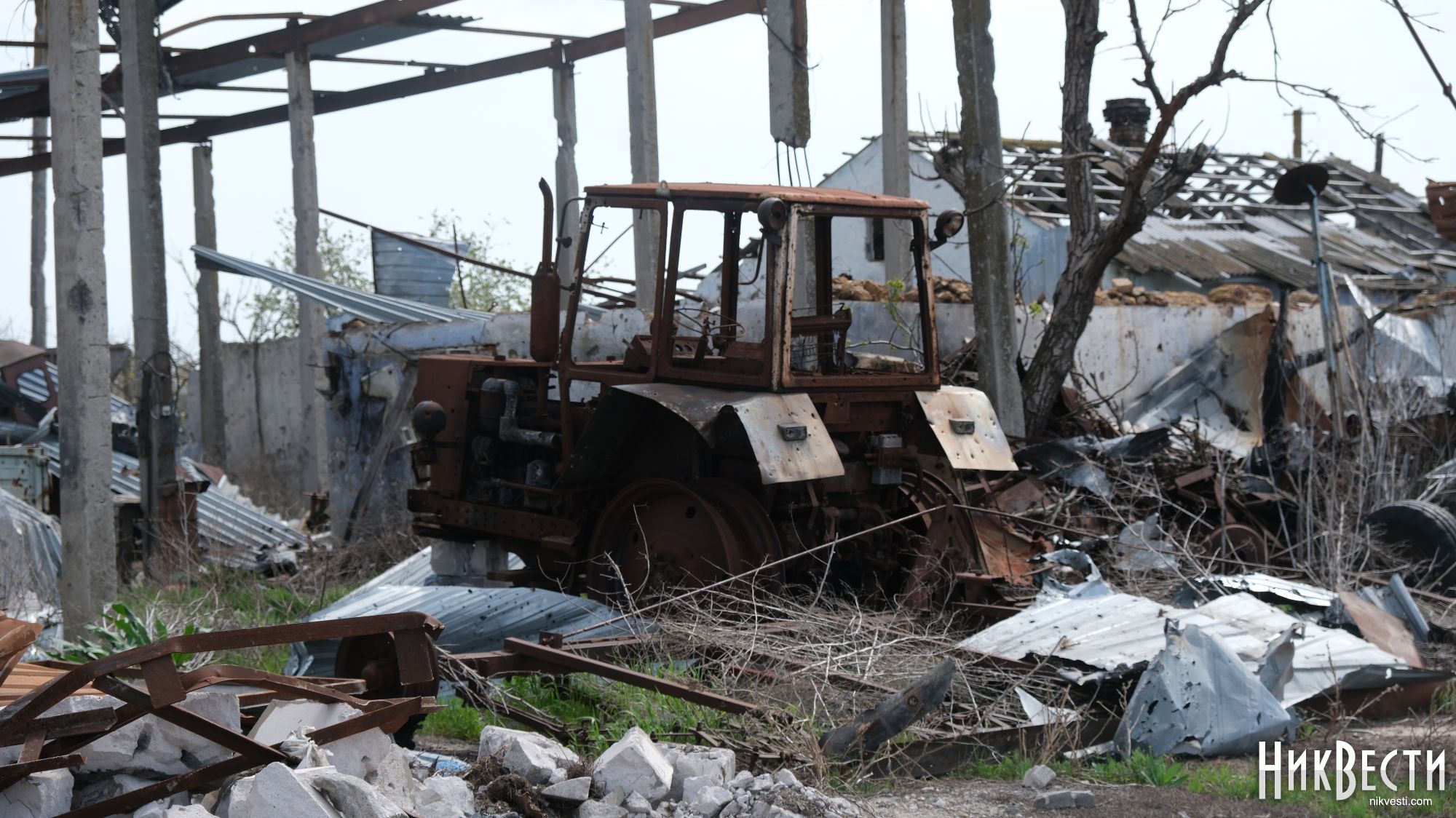 Equipment that burned as a result of shelling of a farm in the Mykolaiv region. Photo: Olena Kozubovska, NikVesti
Equipment that burned as a result of shelling of a farm in the Mykolaiv region. Photo: Olena Kozubovska, NikVesti
NikVesti found out how farmers of the Mykolaiv region and Kherson region demine their fields, and why they have to engage in self-demining.
Kherson Oblast, Bilohirka village
Bilohirka, in the Kherson region, was under occupation from March 18 to November 2022. And although a year and a half has passed since the deoccupation of Bilohirka by the Ukrainian military, local residents still risk encountering an enemy mine or an unexploded projectile here.
Oleksandr Ivashchenko lived in Bilohirka all his life. Before the full-scale war, the man was engaged in farming, from which he lived. Now Oleksandr and his family are making ends meet. The husband's fields are mined, Oleksandr cannot do his life's business, and there is no other work in the village.
We caught Oleksandr, when he consulted in the garden, which he examined independently. The man says that you have to live somehow, feed your family, so you have to take risks.
«I went around my garden for 10 days, pulling out debris: I saw it, marked it with a stick, wrapped it with tape, the sappers came and took it away. Sometimes he pulled what he found into a pile. And what, we need to plant a garden,» says the man.
 Oleksandr Ivashchenko plants a vegetable garden, which he cleared by himself. Photo: Olena Kozubovska, NikVesti
Oleksandr Ivashchenko plants a vegetable garden, which he cleared by himself. Photo: Olena Kozubovska, NikVestiAs the sowing campaign approaches, farmers in the Kherson and Mykolaiv regions are increasingly taking risks and surveying their lands on their own, which often ends tragically. During the two years of the full-scale war, according to the Ministry of Internal Affairs, 610 people in Ukraine were injured as a result of detonation on mines, and another 277 were killed. 14 children were among those killed by mines. Most of the victims were in the Mykolaiv, Kherson and Kharkiv regions.
In addition, according to the forecasts of the Ministry of Economy of Ukraine together with the Kyiv School of Economics, in the next 10 years, the number of victims of detonation with explosive objects in Ukraine may increase to 9 thousand people.
The hopelessness pushed Oleksandr to also decide on self-mining of the land with an area of more than 5 hectares outside the village, which before the full-scale war, the man sowed with sunflowers and wheat.
«First, we go on foot, where we found something, then we cling to the rope for 200-300 meters and pull, we pulled three meters, if it did not explode, then we take it in our hands and take it to the landing in a pile. We already drive a stick there, tie a ribbon and wait,» says the man.
When asked whether he is not afraid to engage in self-mining, whether he understands all the risks he is taking, the man replied that he was already used to it. Oleksandr says that he has no other choice, he engages in self-mining in order to survive and feed his family, to rebuild the house that was destroyed by shelling. Oleksandr has already almost completely surveyed his field, and hopes that he will be able to plant it with wheat in the fall.
Mykolaiv Oblast, Blagodatne village
From February to November 2022, the village of Blahodatne of the Pervomaisk territorial community in the Mykolaiv region was considered a gray zone. Russian military entered the settlement several times. Today, Blahodatne is a complete ruin, with not a single whole house left, not a single trace of a peaceful life. At the entrance to the village, the banner «Beware of mines» greets us.
 A banner warning of mine danger in the village of Blahodatne in the Mykolaiv region. Photo: Olena Kozubovska, NikVesti
A banner warning of mine danger in the village of Blahodatne in the Mykolaiv region. Photo: Olena Kozubovska, NikVestiImmediately behind it, a successful farm before a full-scale invasion, which today looks more like a graveyard of agricultural machinery.
Here we meet the owner of the farm, farmer Mykhailo Zviryshin, who is just leaving his field. Mykhailo shows his farm, in which he has invested 50 years of his life.
«For 50 years of work, I earned it, built it, and now all I have is poverty,» says the man.
Together with his sons, who also devoted their lives to farming, the man personally surveyed almost 400 hectares of his land.
«I am a farmer with two farms on 700 hectares of land. We demined almost everything ourselves, walked the fields, found ammunition, then called the emergency services. We carried what we could ourselves to the edge of the field. They also demined the warehouse themselves. We had 250 tons of wheat lying here, all of it burned. We were left naked and barefoot,» says the farmer.
To the question that pushes the man and his sons to risk their lives, he answers — taxes. If an agrarian does not have a document confirming that his land plot is mined, he must pay the minimum tax obligation on the land. Mykhailo Zviryshyn says that during more than two years of full-scale war, he did not manage to get the relevant document, so he is forced to pay tax all this time.
«And as long as it will stand, it will stand for tens of years. We pay taxes, we process, we don't process, but we still have to pay. They don't give us a document that the land is mined,» says the farmer's son Mykhailo Zviryshyn.
«We are now in debt with fertilizer, we are in debt with seeds, with fuel, and now there is also tax, we would rather abandon that land,» says Mykhailo senior.
The man does not have the funds to pay taxes on idle land. Therefore, together with his sons, he is forced to demine them on his own.
«We even bought metal detectors. We struggled all last year to get into the fields this year. Of course, it was scary, you think whether you will return from the field or not. I don't worry so much about myself yet, I've already lived my life, but it's scary for the children,» says the man.
In order to find out what explosive objects Ukrainians risk encountering as a result of a full-scale war, and how to behave in such a situation, NikVesti explained in the material «What are mines and what to do if you find a suspicious object?».
«All unsurveyed land cannot be automatically exempted from taxation»
The deputy head of the Mykolayiv RMA, Heorhii Reshetilov, explained why the state cannot exempt farmers whose land is considered potentially dangerous from taxation.
«The issue is complicated, because the legislation allows for benefits for non-payment of tax for mined lands. But the problem is that all unsurveyed land cannot be automatically exempted from taxation,» says the vice-governor.
This situation has arisen due to the fact that in Ukraine, including the Mykolaiv and Kherson regions, there is a shortage of explosives technicians of the State Emergency Service. Sappers do not have time to survey all potentially dangerous lands. That is why farmers are forced to wait for their turn for an unknown amount of time. This is exactly what pushes the farmers of Mykolaiv, Kherson and other regions of Ukraine to engage in self-mining.
Recent news about: Mine safety


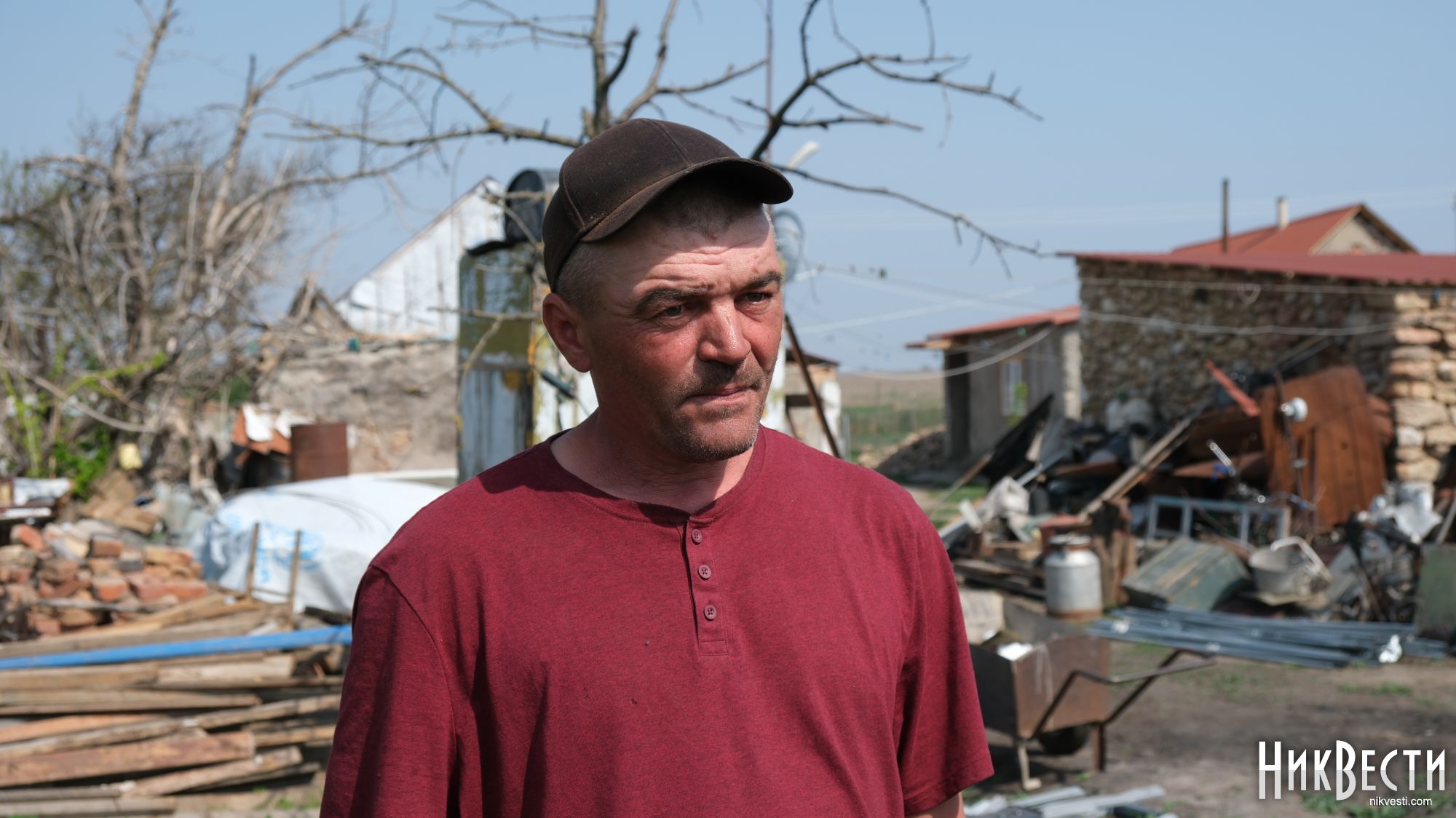
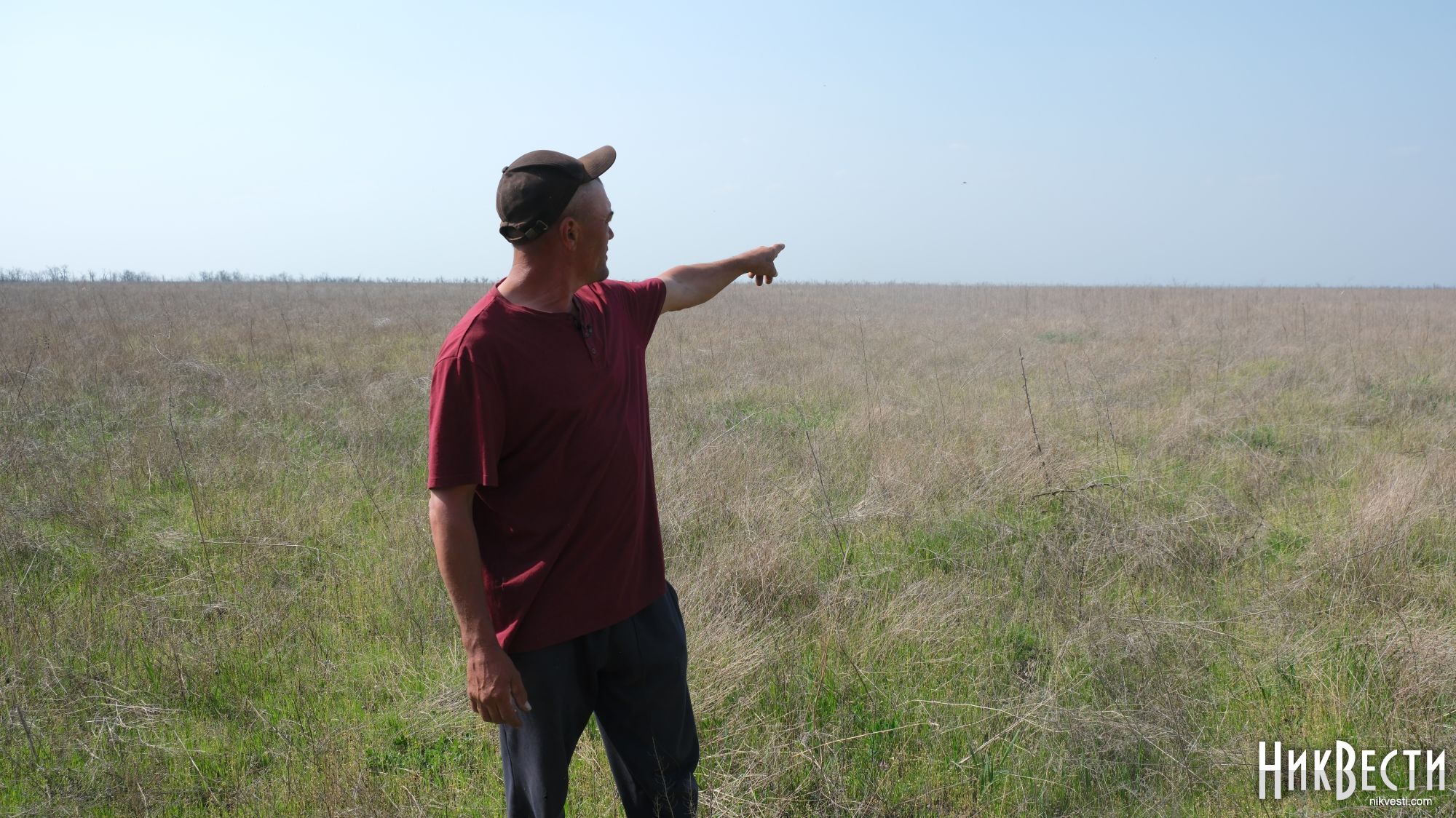
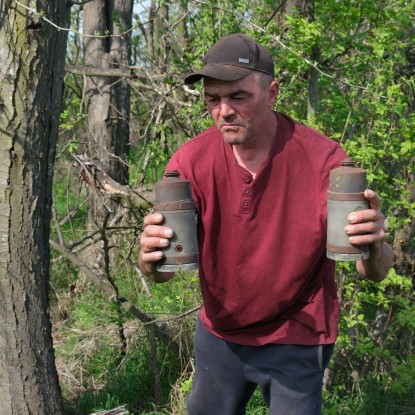
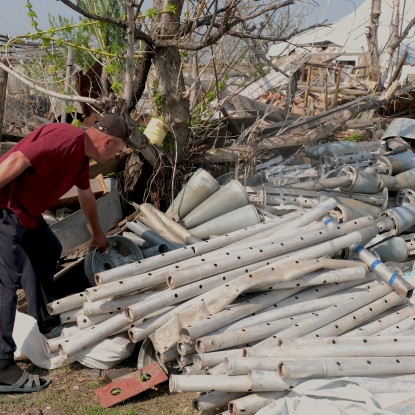
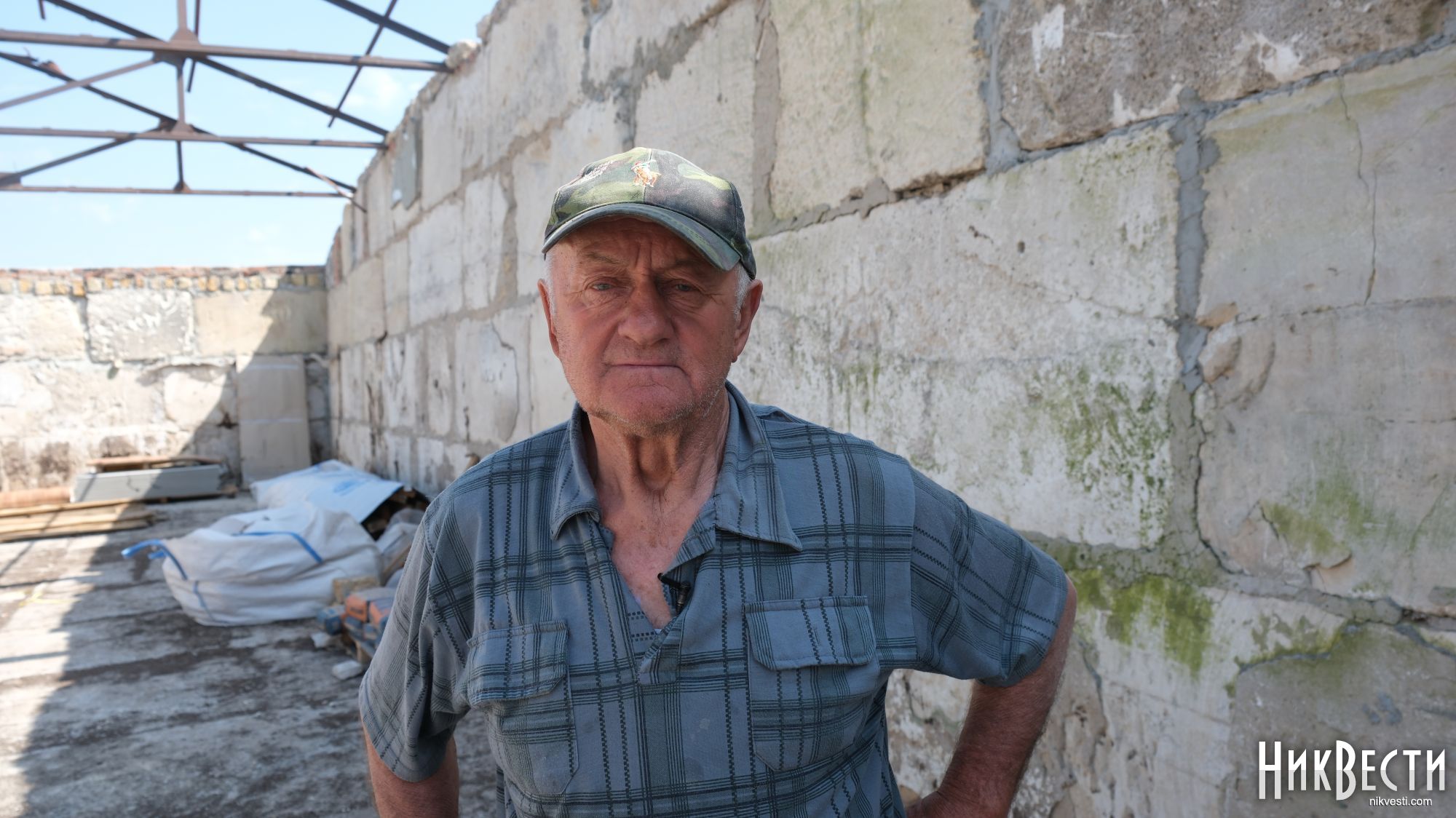
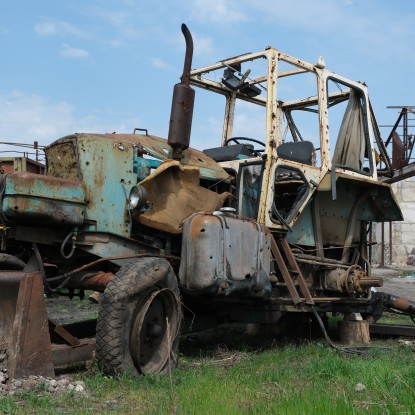
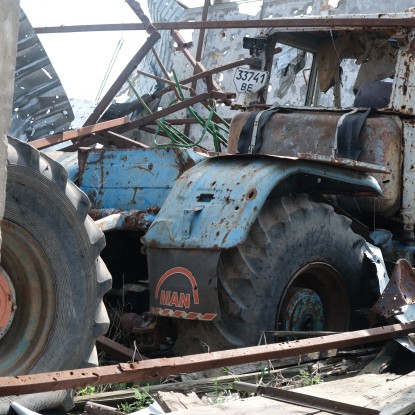

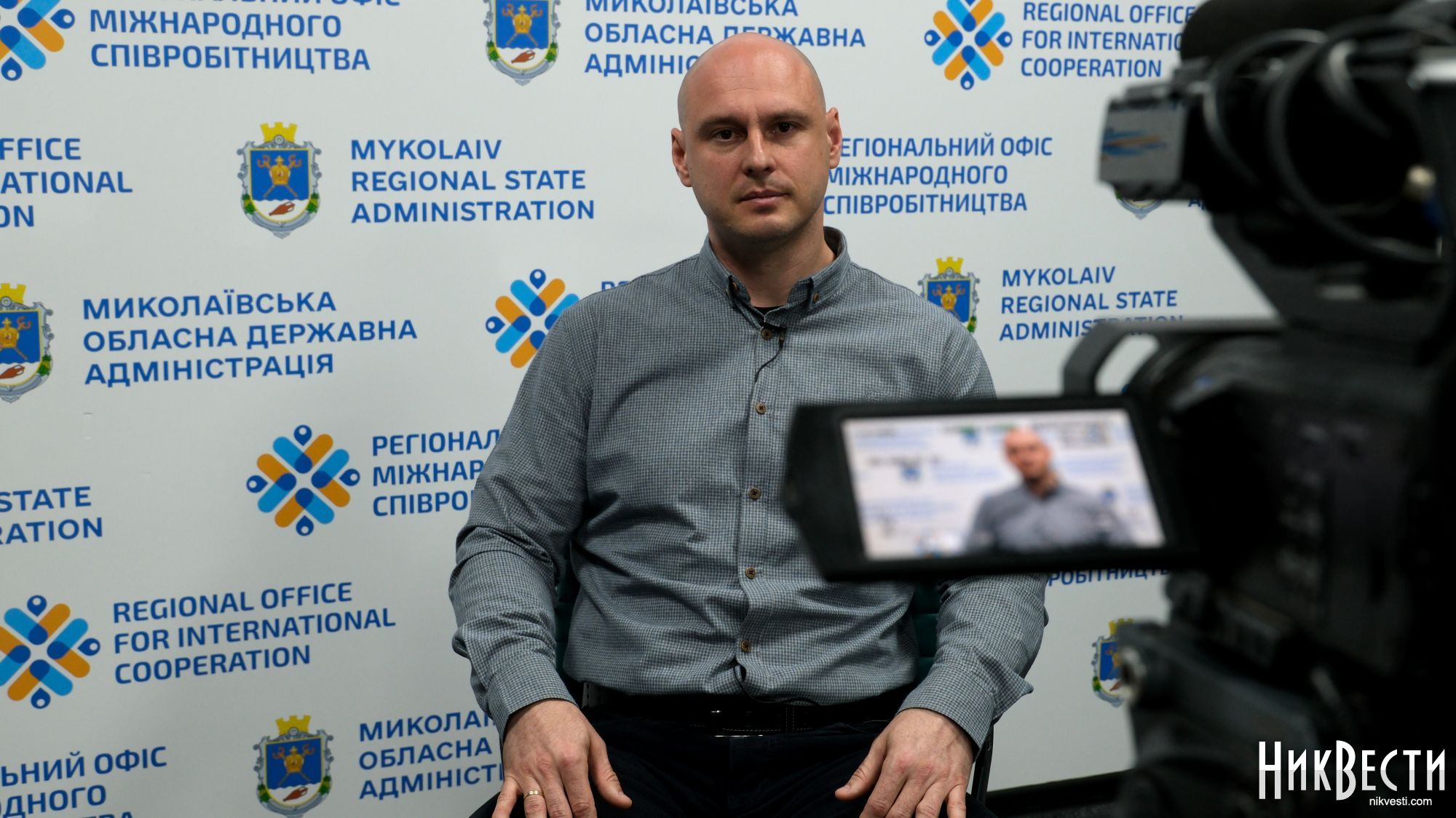







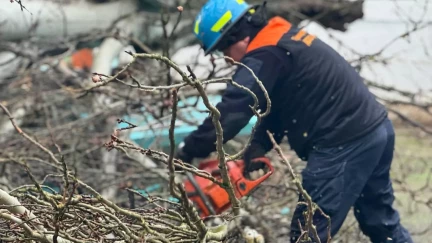

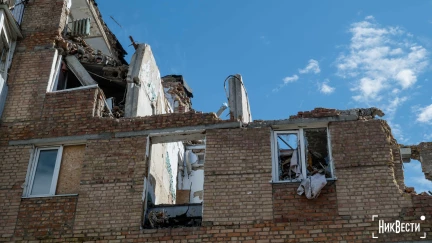


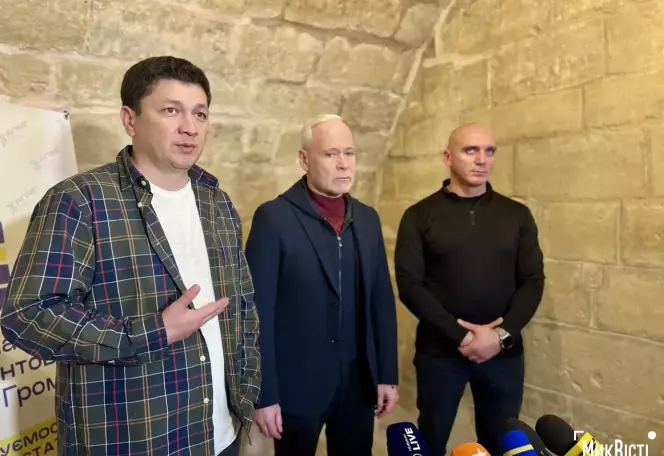
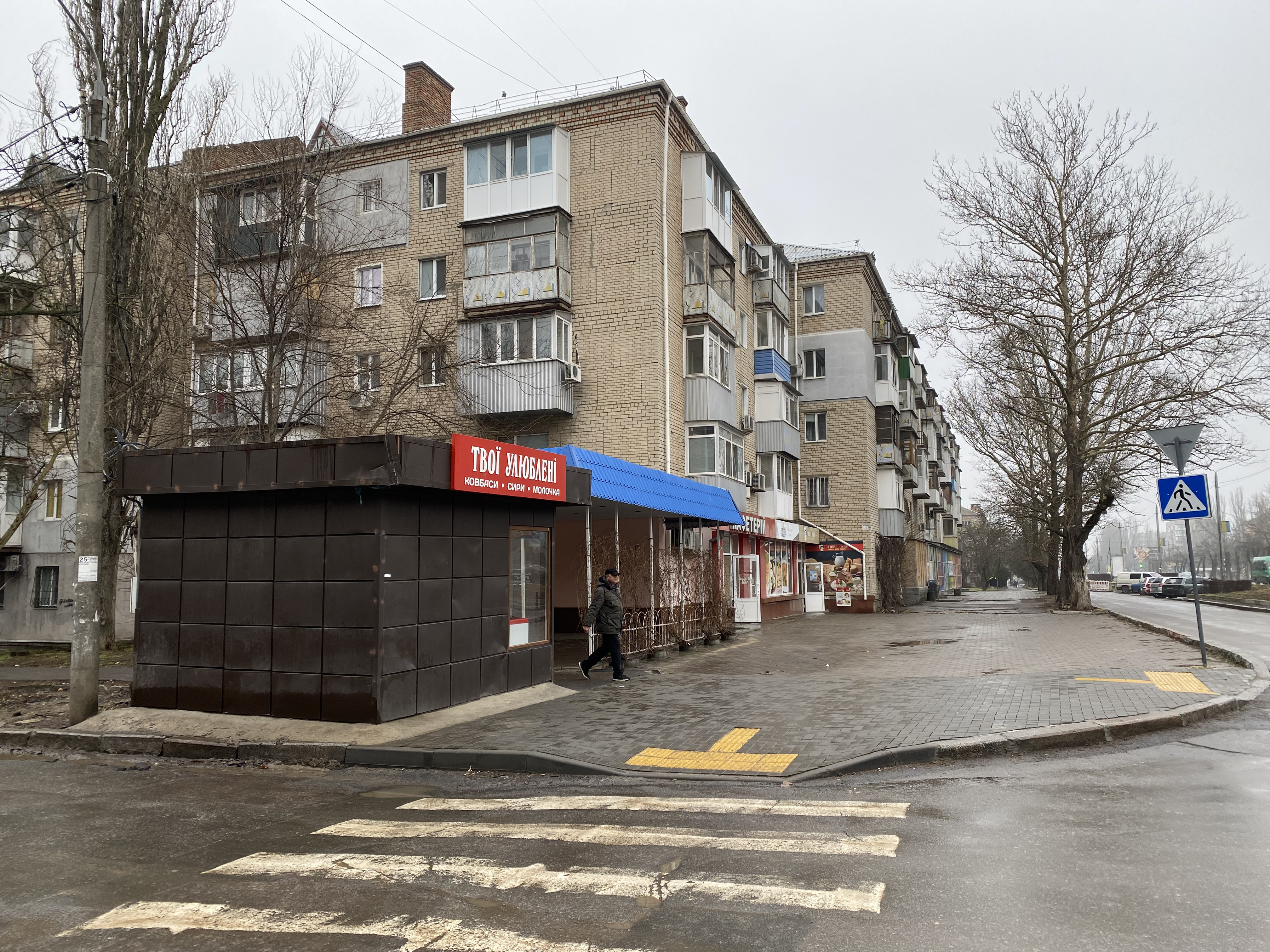
To join the conversation, please log in to the NikVesti website.